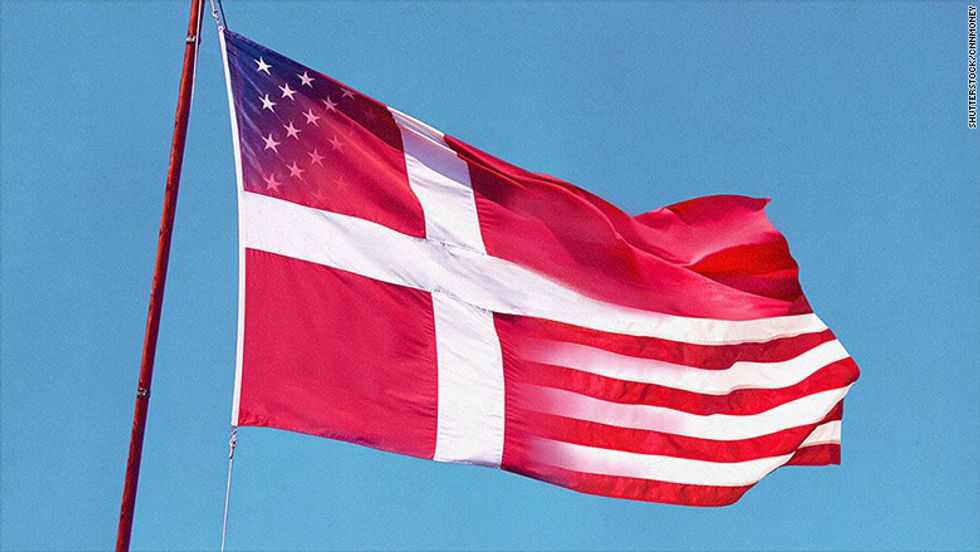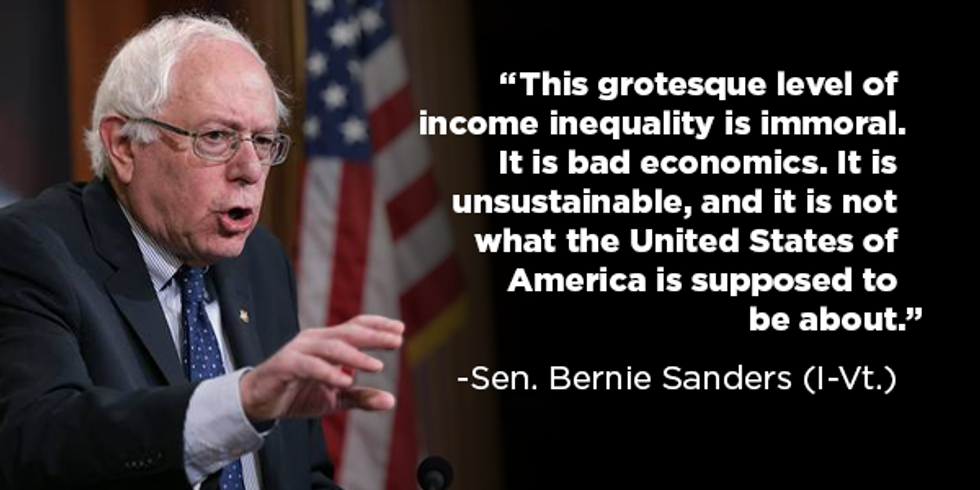Richard Wilkinson is a British social epidemiology which is the study of patterns, causes, and effects of health and disease conditions in populations. He is best known for writing a book in 2009 called “The Sprit Level,” which talks about how income inequality effect eleven different health and social problems in modern nations (Mostly Western Democracies). These are physical health, mental illness, drug abuse, education, imprisonment, obesity, social mobility, trust and community life, violence, teenage pregnancies, and child well-being.
In 2011, Wilkinson did a TED-Ed talk reflecting on how income inequality affects many different aspects of society— not just the economy. In this lecture, he first shows us a graphic of life expectancy vs. GNI (Gross National Income) showing us that the U.S has the highest GNI but has the fourth lowest life expectancy compared to all the modern nations. Then, he shows how much richer the top 1/5 of society compared to the bottom 1/5. Singapore had the highest inequality out of all the advanced countries; the top 1/5 is 9.7 times richer than the bottom 1/5. The U.S was second with the top 1/5 being 8.5 times more affluent than the bottom 1/5. Japan had the lowest income gap of just a 3.4 difference followed by the Scandinavian countries Finland, Norway, Sweden, and Denmark.
Wilkinson goes back to all of the health/social problems that stated from his book, and he puts it on one index; the U.S was at the very top of health/social issues. The correlation of the income gap to social issues was practically the same. He states that in developing countries national income and economic growth in markets are the ones who see increases in fixing health/social problems, this is not the case for richer modern nations, especially in the western hemisphere, it is more about the inequality. He made a comparison of people in prison, and lo and behold Singapore along with the U.S have the most prisoners per 100,000 in the modern countries. He states that it is not about crime in these unequal societies it’s about punitive/harsher sentencing along with the U.S and Singapore being the last modern nations to keep the death penalty. Wilkinson also points out that the Scandinavian countries have better social mobility, going up the food chain. It is ironic because Wilkinson states in his talk that, “If Americans want to live the American Dream they should go to Denmark.”
I am very interested in the topic of income inequality. I think that out of all the problems we face in our society income inequality and climate change are the two biggest we must immediately attack. This is why I supported U.S Senator Bernie Sanders for president because he talked about these issues many times. But the most amazing thing I saw when I was watching this video was, at one point, Wilkinson put up a chart that showed that people in states with the most income inequality in the U.S trust each other less. These were mainly more conservative states and, as I was looking at this chart, I discovered something. The states with the best income equality were North Dakota, New Hampshire, Utah, Wisconsin, Vermont, Indiana, Minnesota, Montana, Oregon, Washington, Kansas, Wyoming, and Michigan. Guess what they all had in common? They all voted for Bernie Sanders. The higher inequality voted for Hillary Clinton, the more conservative candidate on the Democratic side.
I thought that was pretty amazing, but it reinforces Wilkinson’s point, if states have lower income inequality, they will not just be willing to trust each other but they will be willing to trust their elected officials who want to continue the equal opportunity of economic equality. The interesting thing that opened my mind was Japan and Sweden have the lowest income inequalities in the world, but they handle it very differently. Sweden has huge differences in earnings but narrows that gap through taxation along with a generous welfare state with many job benefits. But Japan has smaller differences in wages for most jobs, so everyone is taxed at a lower rate, less welfare, fewer benefits. He states that in the U.S., it is very much a hybrid with the federalist system we have. But all that matters to him is that you close that income gap somehow.
I think that in American society, with jobs that pay very much differently, we should go with the Scandinavian model of taxing the wealthy at a higher rate that will balance out inequality. We used to do this as a nation in the 1930’s to the 70’s until Ronald Reagan became president and introduced “trickle down theory.” Ever since the 80’s the wealth gap has got larger and larger in the U.S, but hopefully, someone will step up to fix this massive problem we have right now. If you want more information about American income inequality, check out Secretary of Labor Robert Reich movie called "Inequality for All," which I highly recommend.





















